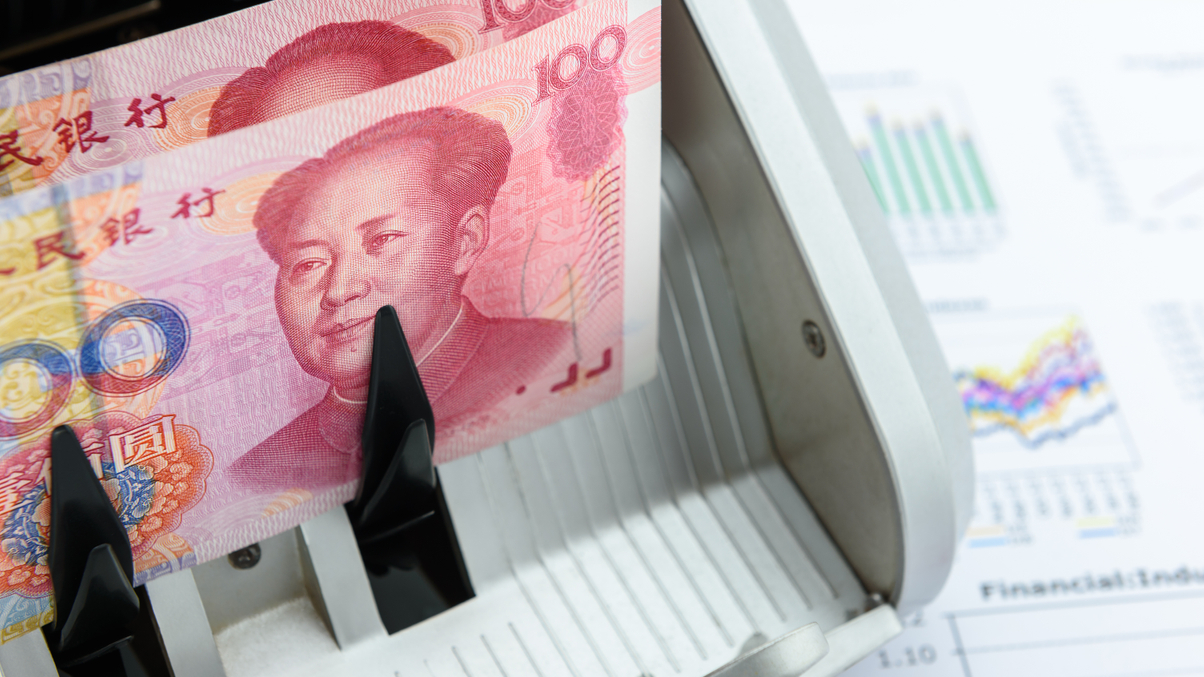Chinese bonds win on yields, against inflation
Global asset owners believe China fixed income will bring good returns in the next two years, despite tougher regulations and some high-profile companies getting into difficulties.

The Evergrande default story has not deflected global asset owners’ enthusiasm for China’s bond market, with over 56% of respondents to a survey saying the country's growth potential makes them bullish about the world’s third-largest bond market in the next two years.
Sign in to read on!
Registered users get 2 free articles in 30 days.
Subscribers have full unlimited access to AsianInvestor
Not signed up? New users get 2 free articles per month, plus a 7-day unlimited free trial.
¬ Haymarket Media Limited. All rights reserved.


